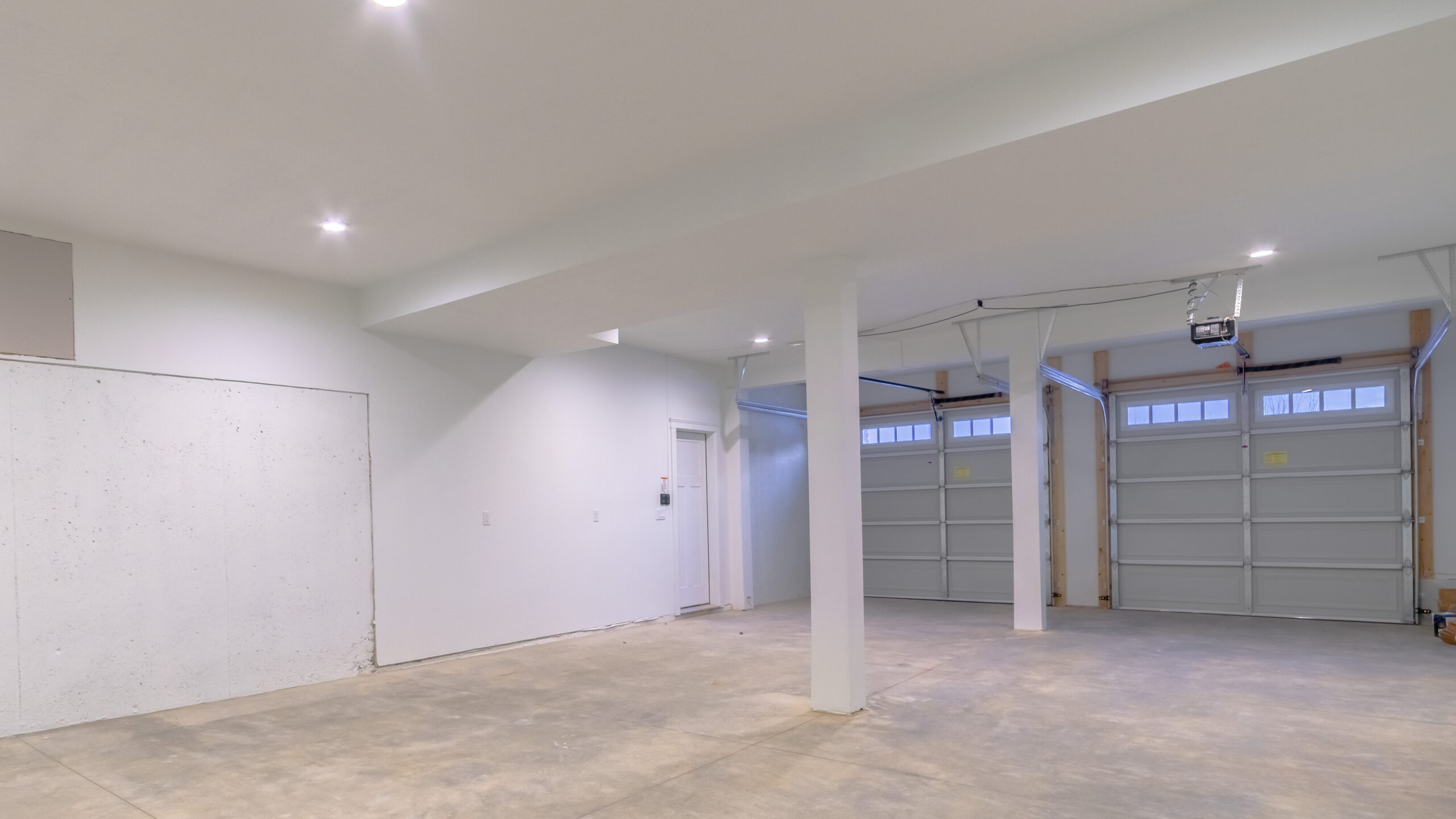If you’d like to extend the lifespan of your hardscapes, you’ll first have to learn how to protect them against the elements. Salt damage on concrete can create both an eyesore and structural issues that put your concrete garage floors in jeopardy. Knowing how to prevent and fix these issues will maximize the years of use that you get from them. Here’s what you’ll need to know to fix and prevent salt damage on concrete garage floors.
Know the Causes and Effects of Salt Damage
Though salt is naturally occurring, it can extensively damage your concrete if it’s left unchecked. Since salt has an acidic pH, it opens the pores and allows water and potentially chemicals to sink deeper into the structure.
Salts found in sulfates from rain, snow, and other types of precipitation will also deteriorate your concrete, creating significant wear. Weather damage is the most common form of salt damage on concrete, which is why your hardscapes are susceptible to it if you live in and around the Denver area.
Telltale signs of salt damage include:
- Cracking
- Surfaces that are dusting or powdering
- Large broken-off areas (called spalling)
- Pitting
Clean Off Salt With Natural Solutions
Salt creates naturally occurring damage, but there are effective natural cleaning methods that can be used to remove it. As an example, try a mixture of organic vinegar, dish soap, and water. Allow it to sit on your concrete fixture before spraying it away with a hose. This simple solution in a gardening spray bottle can gently strip away the salt, balance pH levels, and save your concrete.

Apply a Concrete Seal
Take protective measures to keep your concrete free of salt damage. Applying a concrete sealer can lock out excessive moisture, prevent surface pores from widening, and help your concrete retain its natural attributes and structure.
These silicone, epoxy, and acrylic materials embed deep into the pores of your concrete, sealing out damaging elements. They also act as water repellents. Be sure to apply a concrete seal every 2 to 5 years.
Find Better Ways to Manage the Snow
Snow is a fact of life, especially in Denver, as the city averages 60 inches of snowfall annually. Most people’s go-to concrete protection method involves laying down rock salt so that the snow doesn’t stick and freeze to the concrete.
It’s an effective way to control winter weather in the short term, but the salt opens cracks in the concrete that can cause moisture damage. Instead of rock salt, invest in more modern, non-salt-based remedies for managing snow.
De-icers on the market contain active chemicals like potassium chloride or calcium chloride. These methods often work faster and without lasting damage to your concrete. You can also keep it simple by using bags of sand to create traction if placed on top of precipitation.
Protect Your Garage—Fix and Prevent Salt Damage on Concrete
All throughout the year, we spend plenty of time in our garages. During the winter, we use the garage as a hub for holiday decorations. Even in the midst of harsh weather, i’s important to keep them safe and in good condition. Salt damage on concrete can strip driveways, parking lots, patios, and garage floors of their freshly-laid beauty by several years or pose a safety hazard if you don’t know how to repair these issues.
Questions? Contact us for any of your garage door winter maintenance or repair needs.
